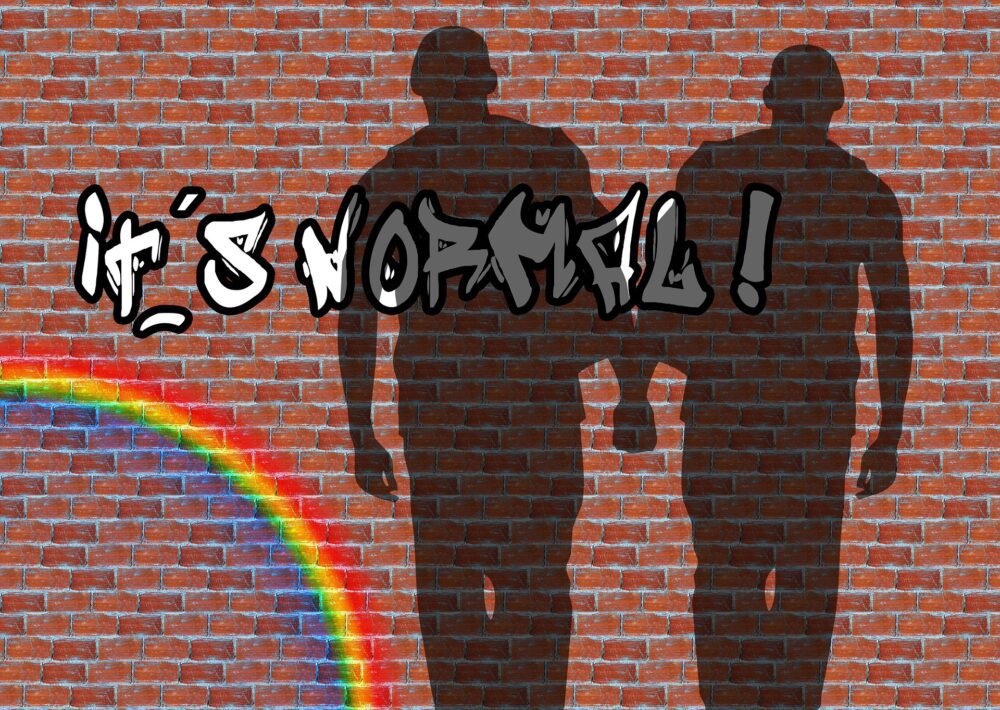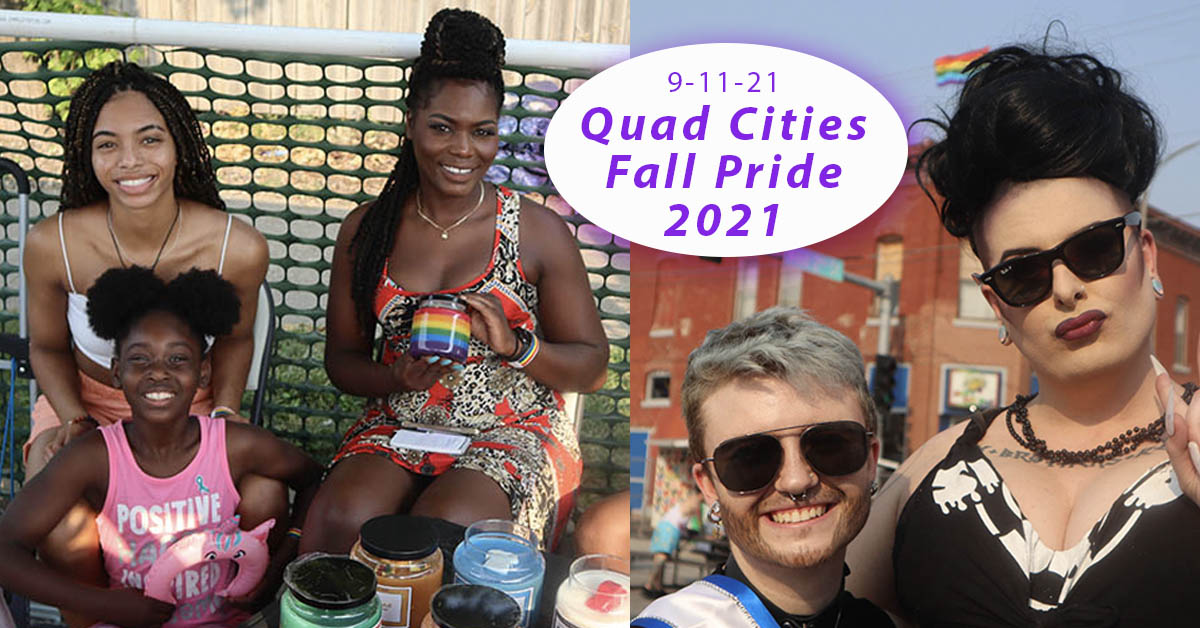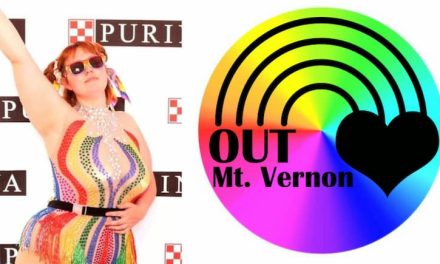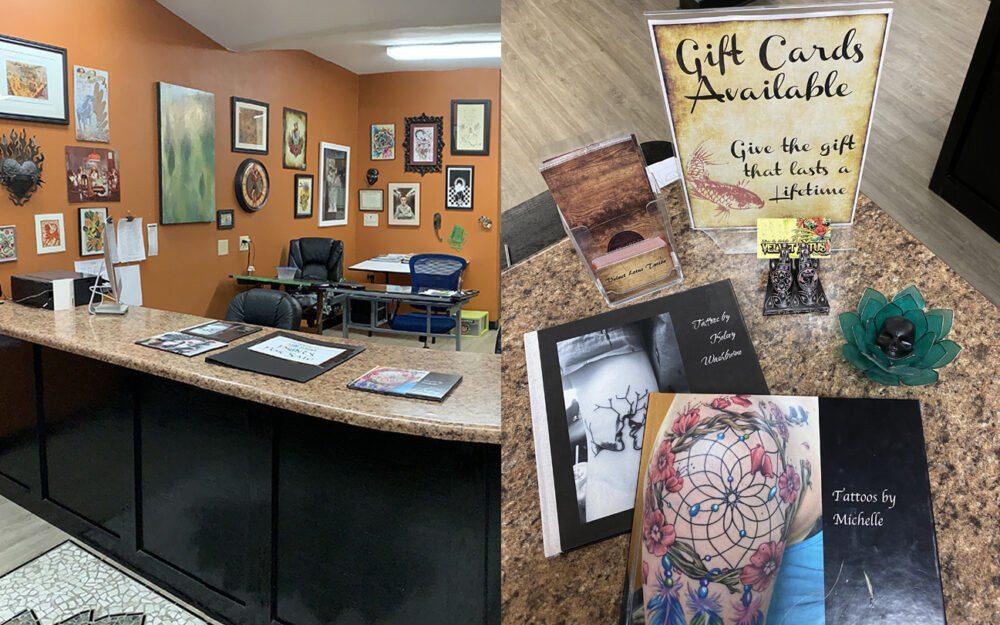You may have a history of being in a heterosexual marriage. You grew up and discovered your sexuality under oppressive policies like “Don’t Ask, Don’t Tell” or the “Defense of Marriage Act.” (which I’ll explain later for you younger readers).
Older LGBTQ people of color have it the worst. They face discrimination both as a queer person and someone who isn’t white, and they face greater challenges in simply getting by. Studies have shown that 40% of African American LGBTQ adults live at or under 200% of the federal poverty line – far higher than the percentage for LGBTQ adults.
Other people in your life can also feel jarred. In their eyes, often, a “coming out” means the identity of their child, friend or relative no longer fits into their previously held narrative.
My own “coming out” took place over 15 years. I was married for a few years during my 20s, though I hooked up with other guys throughout my entire dating history. For many years, I constantly hid part of who I was. It was okay if this “certain” group of friends knew about my sexual orientation, but I went to great lengths to make sure that others didn’t.
“Don’t Ask, Don’t Tell” was our country’s military policy from 1994 to 2011. It stated the military would no longer ask people about their sexual orientation. If you “told” – aka if you were found out – you’d be kicked out of service.
The “Defense of Marriage Act,” in place from 1996 to 2013, defined marriage as solely between a man and a woman. It left LGBTQ folks constantly wondering if something was wrong with them, constantly realizing they were not “equal.”
For a time, I actually told others and myself that I was straight.
I now realize my own internalized homophobia was the biggest reason I struggled with my sexuality. My family members expressed only support. I’m not even the only LGBTQ member of my family, and my interests were traditionally “masculine.”
Still, this question hung in my head: How could I be a man but still like other men?
The toxic masculinity I wrote about in the January edition of TRM is also part of this problem. Men hear gendered insults from the time we’re old enough to understand spoken words. Those of us who might be on the traditionally “feminine” side are mocked and belittled.
The overall message throughout much of our lives is that masculinity is valuable, and feminine qualities are less desireable. Even in the gay/bi (male) community, men are pressed to conform to heterosexual norms of masculinity. Masc for Masc or “no fats, no fems” is a common theme on many gay dating apps.
It took a long time to unlearn the toxic masculinity I’d been taught. My journey to love and accept myself wasn’t easy.
I buried my feelings and ended up gaining 100 lbs in a year. I went to therapy to learn how to talk about my feelings. I had spent so many years refusing to feel anything except anger, learning to cry and still feel like a man was necessary. And I maintained friendships with the people who loved me for who I was, who didn’t are about who I decided to date. My supportive family also helped, although I know many people don’t have that support network.
If you’re a person 40 or older, and you’re struggling with “coming out,” some resources exist to help you. The National Resource Center on LGBT Aging offers advice for coming out, finding love, being inclusive in business practices, and more. One supportive Facebook group is called Gay Life After 40.
The most important thing you can do is not isolate yourself. You might feel alone and feel like no one else has gone through what you are going through.
It takes a very strong person to come out at any age, but especially later in life. Go for it. A huge community awaits you out there, filled with supportive people who won’t judge you. Even if your voice trembles, reach out and ask for help.






